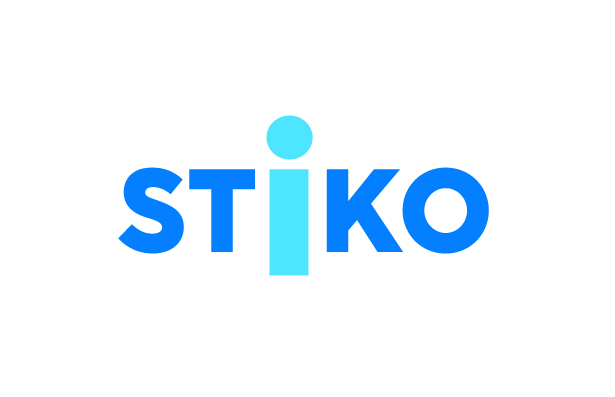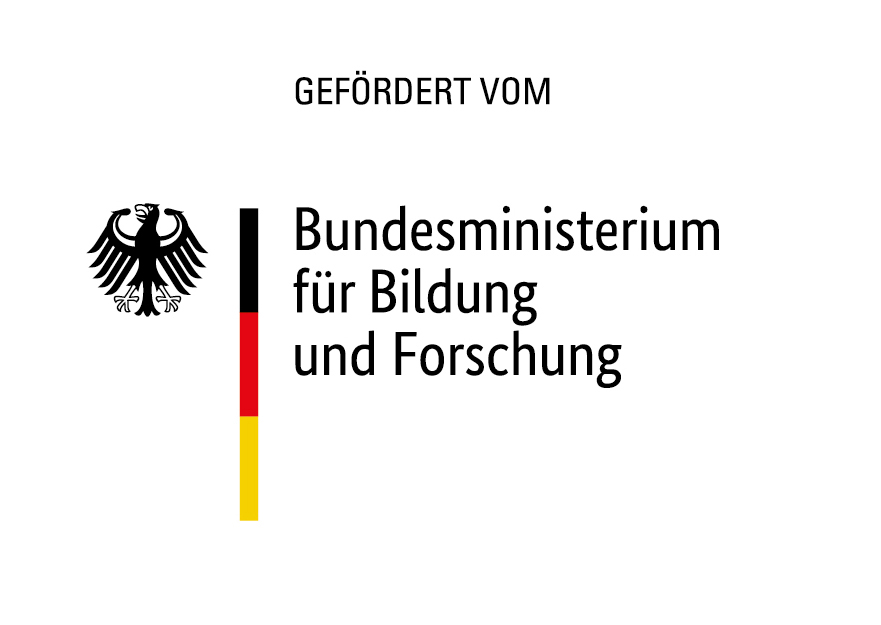The Federal Ministry of Health (BMG), in consultation with the highest state health authorities, has reappointed the members of the Standing Committee on Vaccination (STIKO) for a three-year term. The 19 experts include two scientists from the modeling network for severe infectious diseases: Board member Dr. Berit Lange and Professor Dr. Stefan Flasche, member of the Scientific Advisory Board of the MONID network “OptimAgent”. Lange is acting head of the “Epidemiology” department at the Helmholtz Center for Infection Research (HZI) in Braunschweig, represents MONID as co-spokesperson and also heads the “RESPINOW” network. Flasche has been Professor of Infection Dynamics and Global Health at the Charité Center for Global Health since January and brings extensive expertise in the field of mathematical modeling of infectious diseases.
“The modelling network very much welcomes the fact that, in addition to the important specialist disciplines represented to date – such as immunology, virology and microbiology – the modelling of infectious diseases has also been integrated as a relevant specialist area in the new appointment of the STIKO,” explains MONID board member Jun.-Prof. Dr. Alexander Kuhlmann.
As an independent and voluntary committee of experts, the STIKO develops vaccination recommendations for the population in Germany. The committee, which is based at the Robert Koch Institute, is guided by the criteria of evidence-based medicine and takes into account both the individual benefits for vaccinated people and the benefits for the population as a whole. Especially during the COVID-19 pandemic, the STIKO recommendations on coronavirus vaccination were widely followed.
The MONID network is continuously working to increase the capacity for infection modeling in Germany and to network scientific groups working in this field. It also offers politicians and the public a central point of contact for issues that can be addressed with dynamic modeling. “Close cooperation with public health institutions – such as the Robert Koch Institute – as well as an international focus and networking are crucial here. We are very pleased that two MONID scientists are now able to support the expertise of this body, which is relevant for public health in Germany, and wish Stefan Flasche and Berit Lange all the best for this task,” says Prof. Dr. Rafael Mikolajczyk, who is part of the MONID board alongside Lange and Kuhlmann.
Sources and further information:
- To the press release of the Federal Ministry of Health
- To the press release of the Helmholtz Center for Infection Research
- to the STIKO website at the Robert Koch Institute
STIKO logo: Used with the kind permission of the STIKO office.


